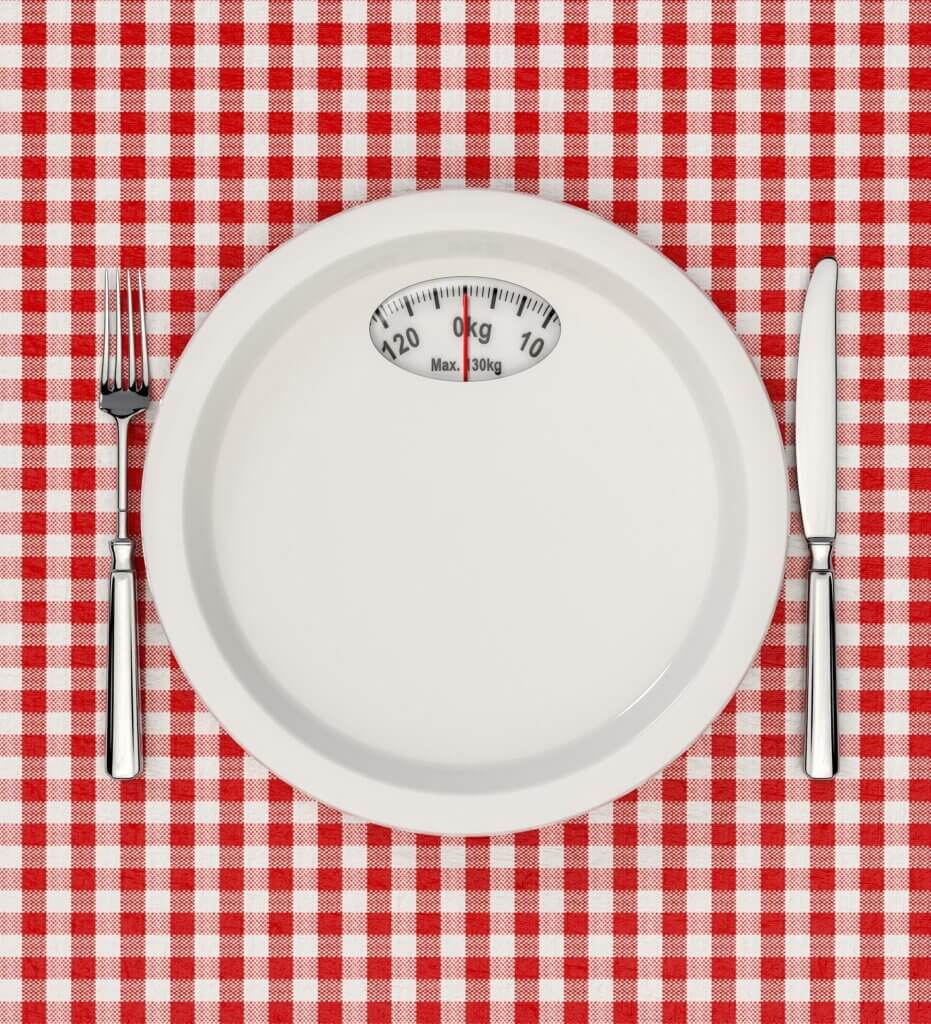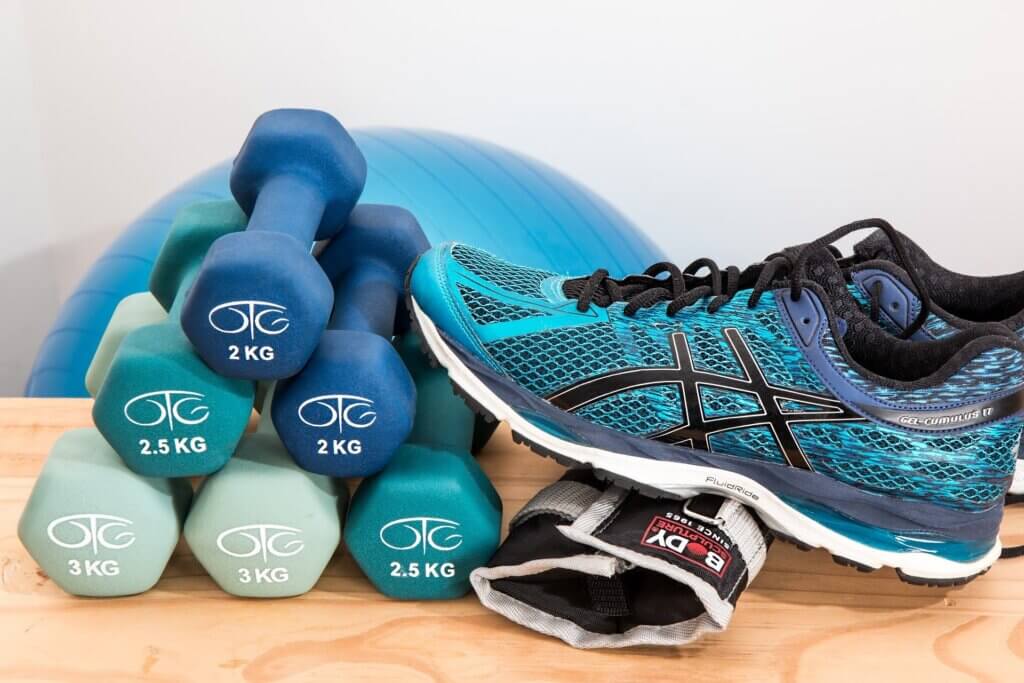Intermittent fasting (IF) isn’t just for fitness professionals. There are 9 incredible intermittent fasting benefits for menopausal women in particular. It’s an awesome way to lose weight and improve your health, and has also been linked to longevity and healing chronic inflammation in the body.
Wellness Holds Power is a participant in the Amazon Services LLC Associates Program, an affiliate advertising program designed to provide a means to earn advertising fees by advertising and linking to Amazon.com. This post may contain affiliate links, which means that if you choose to make a purchase, we will earn a small commission which comes at no additional cost to you.
The hormonal shifts leading up to and going through menopause can wreak havoc on the way you feel. Weight gain, cravings, hot flashes, and lack of energy make you feel like a prisoner in your own body. These are common menopause symptoms that many women assume is their new normal. Women express feeling powerless because it seems there’s no escaping the annoying symptoms of menopause.
What if I told you that intermittent fasting can improve those annoying menopause symptoms and even help you break through a weight-loss plateau? Would you be interested in trying intermittent fasting for yourself?
Table of Contents
Humans Have Been Intermittent Fasting For Thousands Of Years
Intermittent fasting isn’t a new phenomenon, it’s been around for thousands of years. In prehistoric times, regular fasting intervals were a part of life.
People hunted, gathered, ate in season, and when there was no food, they ate what was available to them. They were constantly on the move, so it goes without saying that they were walking, running, lifting and/or pushing often while in a fasted state.
This was the life of a hunter-gatherer, in the prehistoric days. Fasting wasn’t planned; it was a normal part of existing as a human being. Now we live in a time where food is plentiful, and going without food isn’t normal.
People think they’re going to actually starve if they go more than a few hours without food. The truth is studies show that people can benefit from being in a fasted state. If you are thinking that you need to fast for days at a time to experience incredible intermittent fasting benefits, you can put your mind at ease. You can simply fast for 12 hours starting after dinner and fasting until breakfast. This isn’t as difficult as it may seem because you’re asleep for most of this time.
9 Incredible Intermittent Fasting Benefits For Menopausal Women
- Autophagy – When done over an extended period of time, intermittent fasting can help revitalize your health by causing your body to undergo a cell renewal process. Autophagy is basically your body’s way of recycling its own cells. This renewal process is your body getting rid of the bad and making room for the new and improved cells. Autophagy can occur when you fast because you deplete your body’s glucose stores and shift your calorie burning to its fat stores.
- Better appetite control. You may eat according to the clock, for instance, when it’s 12pm, you may automatically tell yourself it’s lunch time and prepare a meal. However, when you intermittently fast, you bypass those external cues to eat a meal. It’s healthier to allow your body feel what real hunger feels like and then refuel, instead of eating by the clock.
- Weight loss. Intermittent fasting controls your calorie consumption and helps lose weight without strict dieting. Picking an eating window and stopping your food intake by a certain time of day, (like after dinner), helps eliminate unnecessary snacking before bed. For example, if you finish eating your last meal at 7 pm, you would fast until 7 am.
- Improves insulin sensitivity. Intermittent fasting will improve the way your body processes carbohydrates which can help prevent diabetes. You’ll get better at burning fat which is a plus for helping with weight loss.
- Human Growth Hormone. Intermittent fasting causes your body to increase its production of human growth hormone which has an anti-aging effect that improves our ability to burn fat and benefit from muscle-building exercises.
- Mental clarity. Intermittent fasting can improve brain function by increasing alertness and prevent diseases like Altzheimers, and Parkinson’s disease.
- Protects your cardiovascular system. By lowering your blood pressure and reducing inflammatory bio-markers, IF reduces your risk of having a heart attack.
- Improves mood. Intermittent fasting raises ghrelin levels which in turn can also improve mood. Studies also show ghrelin plays a role in supporting the central nervous system in helping with the formation of nervous tissue, a process called neurogenesis.
- Improves sleep. Fasting overnight gives the gut and digestive system a rest so you sleep better and have fewer waking episodes. Not eating within 3 hours of going to bed will be enough to get a better night’s sleep.

The Best Way To Start Intermittent Fasting
It’s important to start intermittent fasting gradually. Don’t be afraid of feeling hunger pains. Distract yourself with a project. Keeping yourself busy is going to be your best bet.
As a beginner the best way to begin intermittent fasting is to stop eating after dinner, and go calorie free until breakfast. You already fast overnight when you are asleep. All you are doing is abstaining from calories after dinner. For instance, if you finish eating your dinner at 7pm, don’t consume any calories until after 7am. This would be considered a 12:12 fast (12 hour fasting window, followed by a 12 eating window).
There are a variety of intermittent fasting strategies if you decide to increase your fasting window. A 16:8 fast is a popular method. You are basically fasting overnight for 16 hours from 8 pm to 12 pm, then eating in an 8-hour window from 12 pm to 8 am.
What Should You Consume During A Fast?
Calorie-free beverages such as water, plain tea without milk or sweetener, and black coffee. Unsweetened sparkling water or seltzer has no calories and is also a great option.
Nothing sweet should be consumed during a fast. Stevia, honey sugar or artificial sweeteners are not permitted if you’re doing a true fast. Artificial sweeteners can cause your body to react the same way when it has sugar by triggering an insulin response. The reason why intermittent fasting works is because your insulin levels stay low and your body relies on it’s fat stores for energy instead of glucose.
How Do You Break A Fast?
Dividing into a heavy meal is not recommended when you’re ready to break a fast. You’ll make yourself feel sluggish and lazy. If weight loss is the reason you are fasting, a heavy meal won’t help. Bone broth is a light mineral rich way to break a long fast. If you have only fast 12 hours, a normal breakfast of eggs, fruit, oatmeal or a smoothie is appropriate.
Once you are used to fasting for 12 hours, you may find it easier to extend your fasting window. There’s no rush getting there, you may find that the after dinner-to-breakfast fasting window is good enough for what you want to accomplish.
Intermittent Fasting Without Strict Dieting
The food you eat matters when you fast. Junk food isn’t going to give you the results you are looking for even if you are fasting. Make sure you are eating whole clean foods whenever possible and keep processed food to a minimum. You’ll have the best chance of experiencing the incredible intermittent fasting benefits if you eat clean foods.
Include fruit, dark green leafy vegetables, nuts, seeds, fatty fish, lean poultry, and healthy fat such as olive oil in your diet. It’s also good to include root vegetables and healthy grains like quinoa into your meal plans. Need an example? The Mediterranean Method by Steven Masley, MD is a great example of a healthy diet plan.

Is It SafeTo Exercise While Intermittent Fasting?
Some people prefer to exercise on an empty stomach. Autophagy can also increase with exercise. You stand to burn fat for fuel much quicker when you workout while fasting. Make sure you get plenty of water if you are IF and especially if you add in exercise.
Conclusion
With all of the health benefits and anti-aging perks of IF, it’s no wonder it’s so popular with people of all ages. It’s a plus that women over 50 can better manage menopausal symptoms and add quality back into their life just by using IF. Check with your health care provider especially if you have a chronic health issue and are on medication before you try IF.
If you are otherwise healthy and want to experience the 9 incredible intermittent fasting benefits for yourself, give it a try!
Have you tried intermittent fasting? Please let me know in the comments!
Sources:
https://www.nmdwellnessofscottsdale.com/drzenblog/intermittentfasting
https://www.ncbi.nlm.nih.gov/pmc/articles/PMC2622429/
https://primewomen.com/health/nutrition/benefits-of-intermittent-fasting-for-women-over-50/




